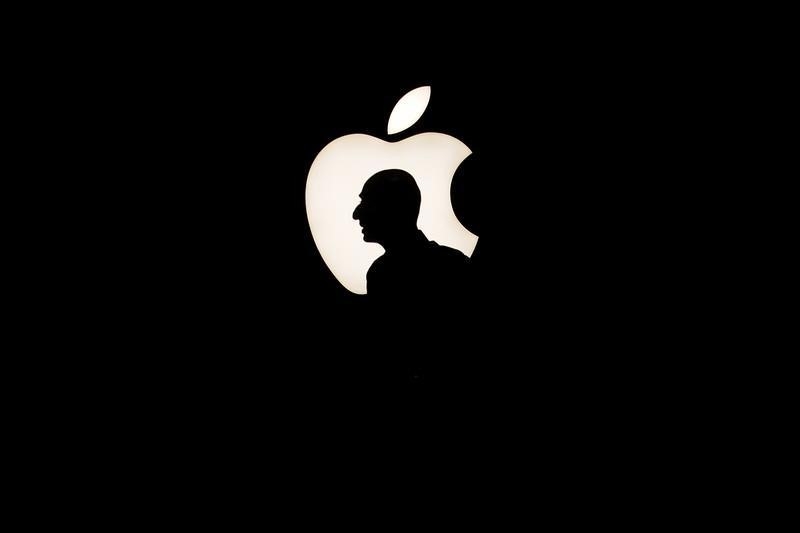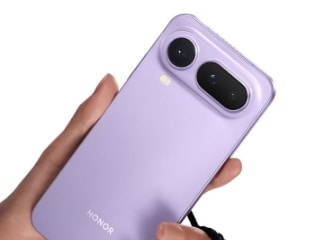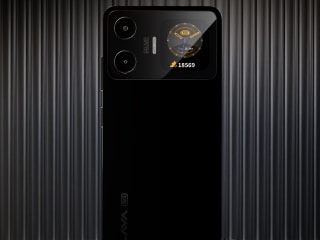- Home
- Mobiles
- Mobiles News
- US Drops New York Fight With Apple After Gaining Access to iPhone
US Drops New York Fight With Apple After Gaining Access to iPhone

In a letter filed in federal court in Brooklyn, New York, prosecutors said that investigators late on Thursday used that passcode to access the iPhone at issue, and as a result "no longer needs Apple's assistance."
The letter marked a sudden end to a closely watched case, in which the Justice Department had been appealing a ruling by a federal magistrate judge holding that he could not force Apple to assist authorities.
The case gained further significance after prosecutors in March dropped a similar effort to force Apple to help access an iPhone used by one of the shooters in December's San Bernardino killings, after a third party provided a way to crack it.
Justice Department spokeswoman Emily Pierce said the cases have "never been about setting a court precedent; they are about law enforcement's ability and need to access evidence on devices pursuant to lawful court orders and search warrants."
An Apple spokesman declined comment.
Prosecutors had been challenging a February 29 ruling by US Magistrate Judge James Orenstein holding he did not have the authority to order Apple to disable the security of an iPhone seized in a drug probe.
The case predated the government effort to force Apple to help access the phone of Rizwan Farook, one of the two killers in the San Bernardino massacre, which left 14 people dead and 22 wounded.
While the Justice Department dropped that bid after a third party provided a way to access the San Bernardino phone, it continued appealing Orenstein's ruling.
FBI Director James Comey has said that the method used on the San Bernardino iPhone 5c would not work on other models, including the iPhone 5s, the type in the Brooklyn case.
That phone belonged to Jun Feng, who has pleaded guilty to participation in a methamphetamine distribution conspiracy, which prosecutors are continuing to investigate.
Unlike the phone used in San Bernardino, Feng's phone had an older operating system, iOS 7, which is not protected under the same encryption technology, which is why Apple could access it.
Apple has some 70 times before the Brooklyn case emerged helped authorities access data on iPhones, according to court filings.
© Thomson Reuters 2016
Catch the latest from the Consumer Electronics Show on Gadgets 360, at our CES 2026 hub.
Related Stories
- Samsung Galaxy Unpacked 2025
- ChatGPT
- Redmi Note 14 Pro+
- iPhone 16
- Apple Vision Pro
- Oneplus 12
- OnePlus Nord CE 3 Lite 5G
- iPhone 13
- Xiaomi 14 Pro
- Oppo Find N3
- Tecno Spark Go (2023)
- Realme V30
- Best Phones Under 25000
- Samsung Galaxy S24 Series
- Cryptocurrency
- iQoo 12
- Samsung Galaxy S24 Ultra
- Giottus
- Samsung Galaxy Z Flip 5
- Apple 'Scary Fast'
- Housefull 5
- GoPro Hero 12 Black Review
- Invincible Season 2
- JioGlass
- HD Ready TV
- Laptop Under 50000
- Smartwatch Under 10000
- Latest Mobile Phones
- Compare Phones
- Tecno Spark Go 3
- iQOO Z11 Turbo
- OPPO A6c
- Samsung Galaxy A07 5G
- Vivo Y500i
- OnePlus Turbo 6V
- OnePlus Turbo 6
- Itel Zeno 20 Max
- Lenovo Yoga Slim 7x (2025)
- Lenovo Yoga Slim 7a
- Lenovo Idea Tab Plus
- Realme Pad 3
- Garmin Quatix 8 Pro
- NoiseFit Pro 6R
- Haier H5E Series
- Acerpure Nitro Z Series 100-inch QLED TV
- Asus ROG Ally
- Nintendo Switch Lite
- Haier 1.6 Ton 5 Star Inverter Split AC (HSU19G-MZAID5BN-INV)
- Haier 1.6 Ton 5 Star Inverter Split AC (HSU19G-MZAIM5BN-INV)

















